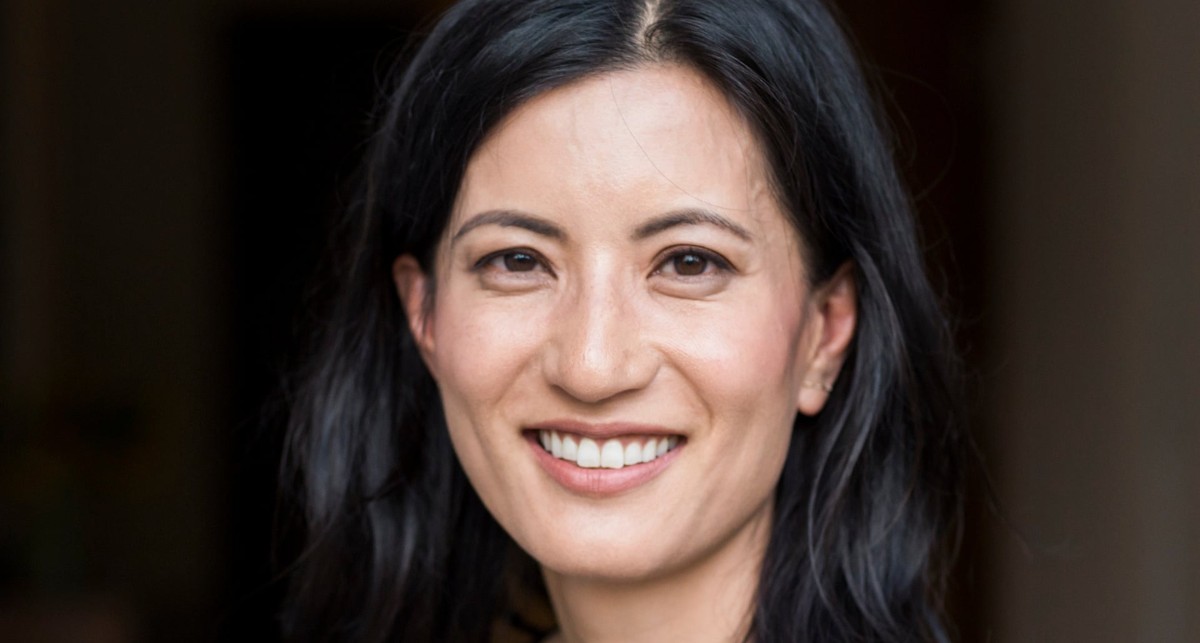
A dystopian novel about surrogacy in America
Joanne Ramos, author of ‘The Farm’
Surrogacy exploitation has made it onto the best-seller list. The Farm, a debut novel by investment banker Joanne Ramos, paints a picture of surrogacy as the commodification of poor women’s bodies for the sake of the mega-rich.
“The work is easy and the money is big!” a Filipina broker for “The Farm”, a cosy estate in Massachusetts, tells the central character in the novel, Jane, a half-Filipina, half-American single mother with an infant daughter.
The story unfolds at The Farm where most of the “hosts” – the surrogate mothers – are Filipinas. “Premium hosts” are white. The manager is a Harvard MBA.
“What if we began sourcing more of our Hosts from lower-middle-class Caucasians?” says one of The Farm’s bean-counters. “They’ve been hammered for decades — no wage growth, unions emasculated. … I bet we don’t have to pay them much more than we pay our immigrant-sourced Hosts, but — and here’s the nub of it — we could charge a premium.”
The accommodation seems luxurious, but the women have to surrender their freedom. Every movement is tracked and contact with the outside world is monitored. They can’t take pain-killers. There’s no bonus if they have a Caesarean.
The plot and the setting might sound unrealistically dystopian, but all Ramos has done is to transfer the organisation of baby farms in India to the United States. According to reviews, the prose is wooden and the characters programmatic, but the novel is a real page-turner.
- How long can you put off seeing the doctor because of lockdowns? - December 3, 2021
- House of Lords debates assisted suicide—again - October 28, 2021
- Spanish government tries to restrict conscientious objection - October 28, 2021
